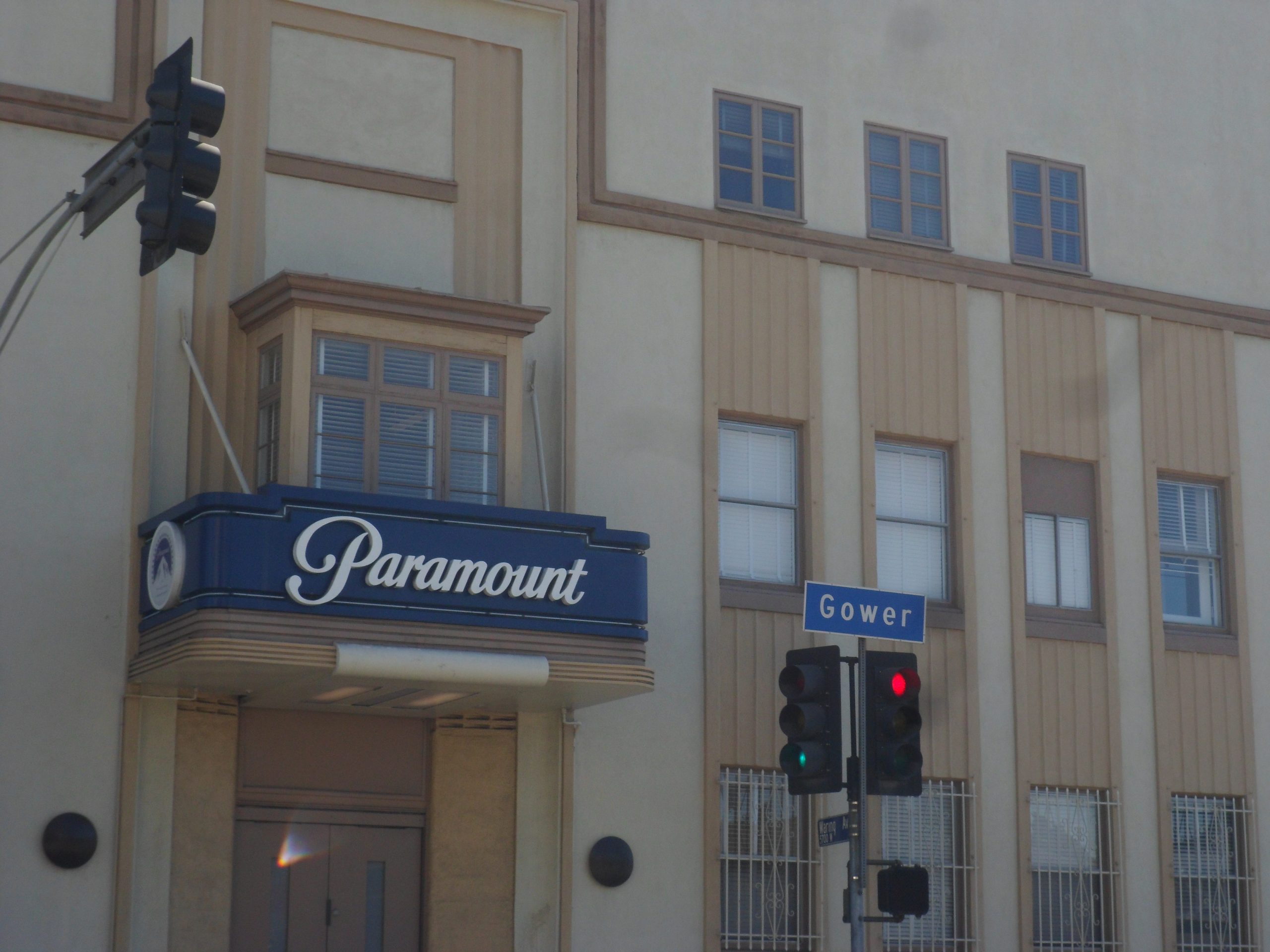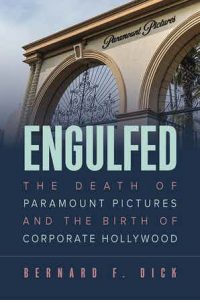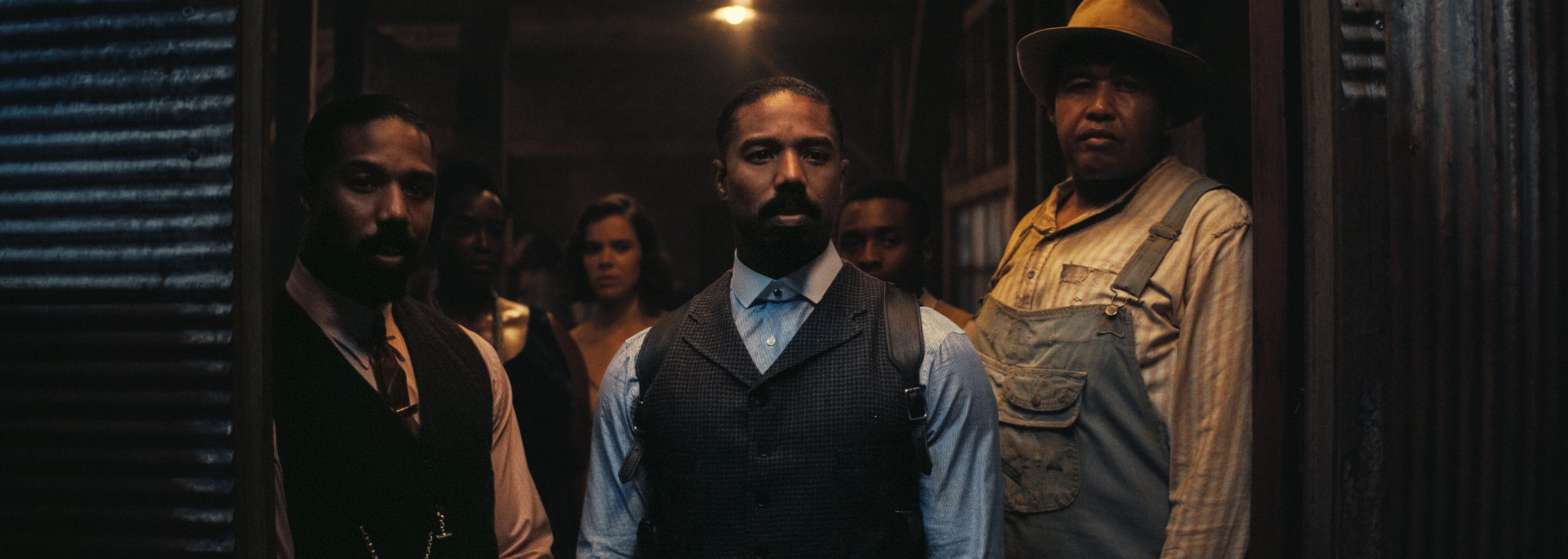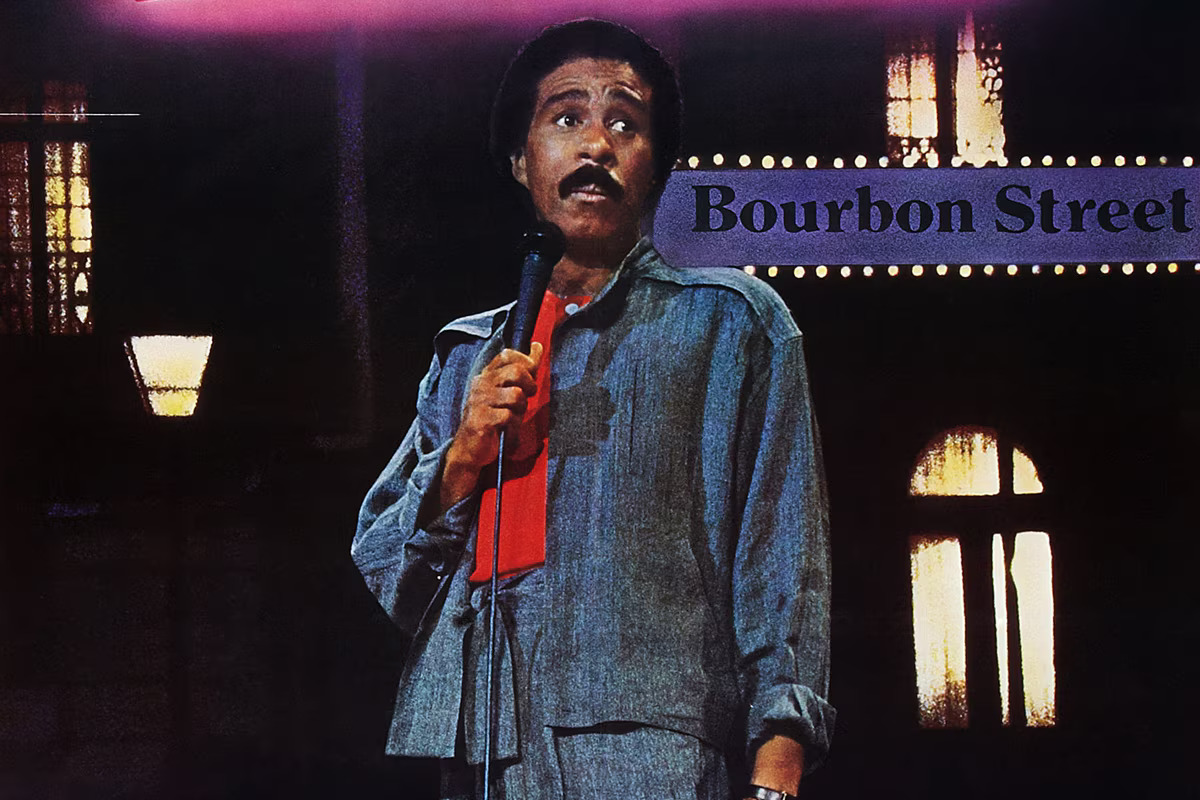
Bernard F. Dick’s book, Engulfed: The Death of Paramount Pictures and the Birth of Corporate Hollywood, now available in paperback.

Factoring in a new preface for the paperback, the author writes as definitive story of Paramount Pictures that there can be. Well, it doesn’t take into account the recent studio moves with naming Brian Robbins as the new CEO. What makes the Paramount story so interesting is that they almost didn’t even get acquired by Gulf + Western in 1966. At one point, it appeared that MCA would be making a bid for the studio. This was around the time that Alfred Hitchcock left Paramount for Universal Pictures. History would have been so different! But to talk about the Paramount story means going back to where it all began.
The Paramount story starts with Adolph Zukor, Jesse Lasky, Sam Goldwyn, and Cecil B. DeMille. It doesn’t end with them and hell, two of them wouldn’t last long with the company. Classic Hollywood isn’t unlike corporate Hollywood with moguls on the move. Without Zukor, it’s fair to say that the studio does not become what it is today.
Charles Bluhdorn was not the only one with eyes on the studio. No, there was another company looking to acquire the studio so much that they acquired seats on the board. It soon became a battle of new blood verses the original generation. The OG won out and Bluhdorn was able to acquire Paramount Pictures. They were just another cog in his portfolio. Following Bluhdorn’s death, Martin Davis would dissolve Gulf + Western of what it used to be before focusing on a media empire named Paramount Communications.
New blood would take over at the top of the studio. Production offices would eventually move off the lot. A terrible mistake if you ask me. Robert Evans was installed as the head of Paramount in 1967. Evans would eventually recruit Peter Bart, who rose to the ranks of vice president in charge of production. Eventually, Stanley Jaffe would be brought into Paramount for a short stay. Come 1974, Paramount would hire Barry Diller as the Chairman and CEO of Paramount Pictures Corporation. This move, as we all know, would later come to haunt Martin Davis. Diller’s reign would last a decade but with him would also come Michael Eisner and Jeffrey Katzenberg. Eisner would leave for a lengthy reign at Disney when Diller left. It’s ironic how the best Disney years are because of Paramount! You love to see it!
Dick wrote a number of books about studios over the years. Most recently, the University Press of Kentucky is releasing new paperback editions. You cannot go wrong with this one! A new preface updates readers on Paramount’s post-2000 history. The main text, however, ends during Sherry Lansing’s historic run at the top. All the major players are profiled here including Adolph Zukor, Stanley Jaffe, Peter Bart, Robert Evans, Barry Diller, Michael Eisner, Jeffrey Katzenberg, Sherry Lansing and Sumner Redstone.
I think Bernard F. Dick sums it up the best when he brings up two similarly themed films: Sunset Boulevard and All About Eve. All About Eve is a Twentieth Century-Fox film about theater but Dick writes “it is really about Hollywood, where one star rises at another’s expense; if the older star is reluctant to leave the firmament, the younger might have to do a bit of dislodging.” Meanwhile, Dick writes that Billy Wilder’s classic Sunset Boulevard “is less about the inability of silent star Norma Desmond to acknowledge the advent of sound than it is about a Hollywood in which new messiahs feel compelled to consign the old believers to oblivion, if not to flames.”
Perhaps the best way to describe corporate Hollywood is a merger of the two films as Dick writes:
Corporate Hollywood is an amalgam of All About Eve and Sunset Boulevard—Eve at Sunset, in which Eve Harrington, after usurping Margo Channing in New York, takes off for Hollywood where she encounters Norma Desmond, who represents an even greater threat: the past. Margo was merely Broadway, but Norma is old Hollywood–and knows it. The Eves of corporate Hollywood do not live in the past; they may applaud film preservation, but they also know that many of the golden age films that will never be restored are superior to most of the current product from mainstream Hollywood.





